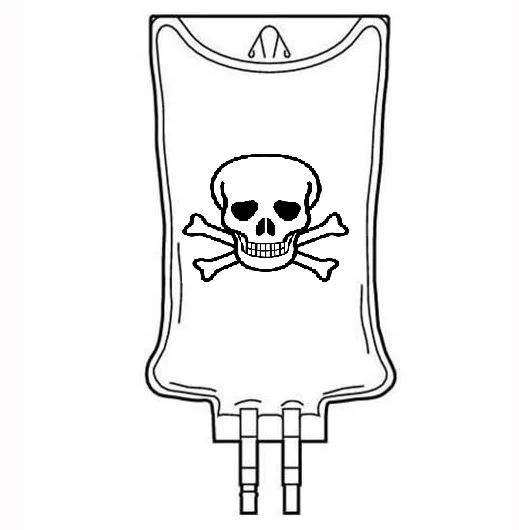There is probably no other drug emergency providers administer more often than IV fluids. We give them to patients with mild heat exhaustion, gastroenteritis and orthostatic dizziness to name a few. These patients tend to feel better, go home and no harm comes to them. However, for the subset of patients with shock and potential recipients of large volume resuscitation, excessive IV fluids can harm. In part one of this two part series, Dr. Mackenzie discussed how IV fluids can lead to increased renal injury, pulmonary edema, and extra-vascular lung water.
Read More














